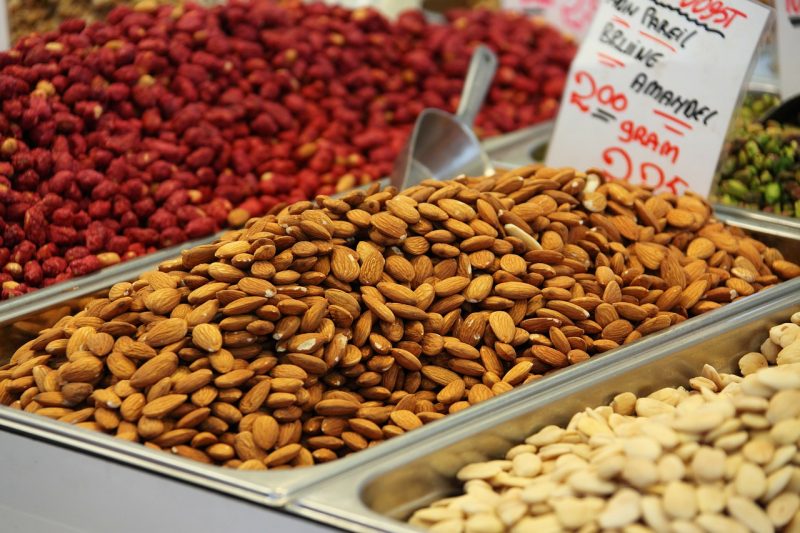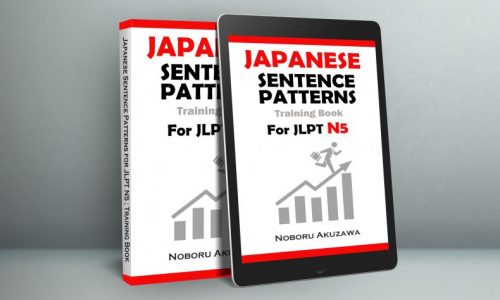Meaning:
extremely; exceedingly
Formation:
極めて + Noun
極めて + Adj
日本語 / にほんご / Japanese
(1)彼女はその仕事に極めて適任だ / 適任です。
(2)あなたの忠告は極めて有用だった / 有用でした。
(3)その翻訳は原文に極めて忠実だ / 忠実です。
(4)その説明は極めて説得力がない / 説得力がありません。
(5)十分な栄養は幼児の発育にとって極めて重要だ / 重要です。
(6)A社との合併交渉は極めて重大な局面に入った / 入りました。
ことばと表現 / Words & Expressions
翻訳【ほんやく】 translation
原文【げんぶん】source text
幼児【ようじ】 infant
発育【はついく】 growth
英語 / えいご / English
(1) She is extremely fitted for the job.
(2) Your advice was extremely useful.
(3) The translation is quite true to the original.
(4) The explanation is extremely unconvincing.
(5) Good nutrition is vital for an infant’s growth.
(6) Our merger negotiations with Company A stepped into a crucial phase.
ひらがな / Hiragana
(1)かのじょは そのしごとに きわめて てきにんだ / てきにんです。
(2)あなたの ちゅうこくは きわめて ゆうようだった / ゆうようでした。
(3)そのほんやくは げんぶんに きわめて ちゅうじつだ / ちゅうじつです。
(4)その せつめいは きわめて せっとくりょくがない / せっとくりょくがありません。
(5)じゅうぶんな えいようは ようじの はついくにとって きわめて じゅうようだ / じゅうようです。
(6)えいしゃとの がっぺいこうしょうは きわめて じゅうだいな きょくめんに はいった / はいりました。
ローマ字 / Roman letters
(1) Kanojo wa sono shigoto ni kiwamete tekininda/ tekinindesu.
(2) Anata no chuukoku wa kiwamete yuuyoudatta/ yuuyoudeshita.
(3) Sono hon’yaku wa genbun ni kiwamete chuujitsuda/ chuujitsudesu.
(4) Sono setsumei wa kiwamete settoku-ryoku ga nai/ settoku-ryoku ga arimasen.
(5) Jūbun’na eiyou wa youji no hatsuiku ni totte kiwamete juuyouda/ juuyoudesu.
(6) A-sha to no gappei koushou wa kiwamete jūdaina kyokumen ni haitta/ hairimashita.



























No comments yet.